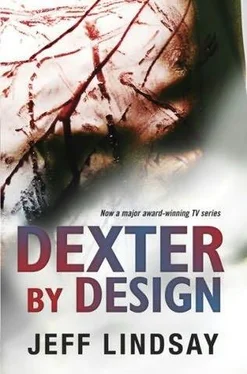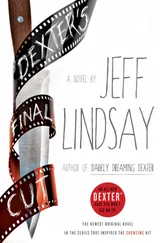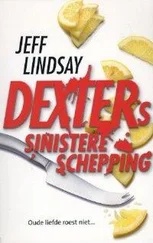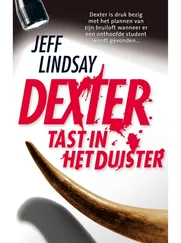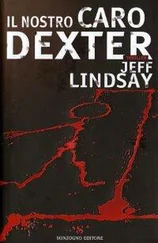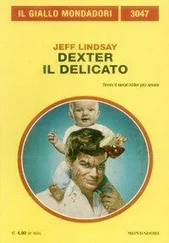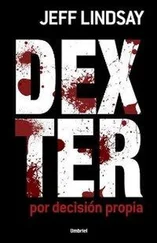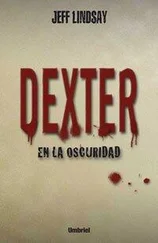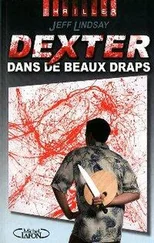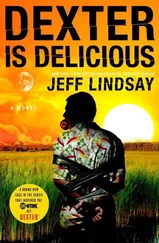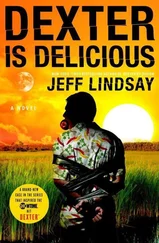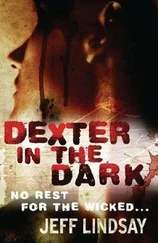It was precisely the fact that it was a popular tourist spot that led Chutsky to tell the driver to take us there. If the worst happened, and I had to admit that's the way things were going right now, then our trail would end there, in a crowd, and tracking us down would be just a little bit harder.
So I sat back and enjoyed the ride and the splendid moonlit view and the idea that I had absolutely no idea where Weiss would go now and what he would do next. I found some comfort in thinking that he probably didn't know, either, but not enough to make me really happy.
Somewhere this same soothing glow of happy laughing light from a pale moon was shining on Weiss. And perhaps it whispered the same terrible, wonderful things into his inner ear —the sly and smiling ideas for things to do tonight, now, very soon -1 had never felt such a strong pull on the tidal pool of Dexter Beach from such a paltry moon. But there it was, its soft chortles and chuckles filling me with such a static charge that I felt like I had to burst into the darkness and slash the first warm-blooded biped I could find. It was probably just the frustration of missing Weiss again, but it was very strong, and I chewed my lip all the way up the road to El Morro.
The driver let us out by the entrance to the fortress, where a great crowd swirled about waiting for the evening show, and a number of vendors had set up their carts. An elderly couple in shorts and Hawaiian shirts climbed into the cab as we got out and Chutsky stepped over to one of the vendors and bought two cold green cans of beer. “Here you go, buddy” he said, handing me one. “Let's just stroll down this way.”
First sauntering and now strolling —all in one day. It was enough to make my head spin. But I strolled, I sipped my beer, and I followed Chutsky about a hundred yards to the far end of the crowd. We stopped once at a souvenir cart and Chutsky bought a couple of T-shirts with a picture of the lighthouse on the front, and two caps that said “CUBA” on the front. Then we strolled on to the end of the pavement. When we got there he took a casual look around, threw his beer can into a trash barrel, and said, “All right. Looks good.
Over here.” He moved casually toward an alley between two of the old fort buildings and I followed.
“Okay” I said. “Now what?” He shrugged. “Change” he said. “Then we go to the airport, get the first flight out, no matter where it's going, and head for home.
Oh —here” he said. He reached inside the briefcase and pulled out two passports. He flipped them open and handed me one, saying, “Derek Miller. Okay?”
“Sure, why not. It's a beautiful name.”
“Yeah, it is” he said. “Better than Dexter.”
“Or Kyle” I said.
“Kyle who?” He held up his new passport. “It's Calvin” he said.
“Calvin Brinker. But you can call me Cal.” He started taking things out of his jacket pockets and transferring them to his pants. “We need to lose the jackets now, too. And I wish we had time for a whole new outfit. But this will change our profile a little. Put this on” he said, handing me one of the T-shirts and a cap. I slipped out of my awful green jacket, quite gratefully, really, and the shirt I had on as well, quickly pulling on my brand new wardrobe. Chutsky did the same, and we stepped out of the alley and stuffed the Baptist missionary outfits into the trash.
“Okay” he said, and we headed back to the far end, where a couple of taxis were waiting. We hopped into the first one, Chutsky told the driver, “Aeropuerto Jose Marti” and we were off.
The ride back to the airport was pretty much the same as the ride in. There were very few cars, except for taxis and a couple of military vehicles, and the driver treated it like an obstacle course between pot holes. It was a little tricky at night, since the road was not lit, and he didn't always make it, and several times we were bounced severely, but we got to the airport eventually without any life-threatening injuries. This time the cab dropped us at the beautiful new terminal, instead of the Gulag building where we had come in.
Chutsky went straight to the screen showing departures.
“Cancun, leaving in thirty-five minutes” he said. “Perfect.”
“And what about your James Bond briefcase?” I asked, thinking it might be a slight inconvenience at security, since it was loaded with guns and grenade launchers and who knew what.
“Not to worry” he said. “Over here.” He led the way to a bank of lockers, shoved in a few coins, and stuffed the briefcase inside. “All right” he said. He slammed the locker shut, took the key, and led the way to the AeroMexico ticket counter, pausing on the way to drop the locker's key into a trash bin.
There was a very short line, and in no time at all we were buying two tickets to Cancun. Sadly, there were no vacancies outside of First Class, but since we were fleeing from the repression of a communist state I thought the extra expense was justified, even poetically fitting.
The nice young woman told us they were boarding now and we must hurry, and we did, pausing only to show our passports and pay an exit tax, which was not as bad as it sounds, since I had expected a little more difficulty with the passports, frankly, and when there was none, I didn't mind paying the tax, no matter how ridiculous the idea seemed.
We were the last passengers to board, and I am sure the flight attendant would not have smiled so pleasantly if we were flying coach. But we even got a glass of champagne to thank us for being wonderful enough to arrive late in First Class, and as they closed and locked the cabin door and I began to think we might really get away, I found that I actually enjoyed the champagne, even on an empty stomach.
I enjoyed it even more when we were finally up in the air, wheels up, and headed for Mexico, and I probably would have had more when we landed in Cancun after our short flight, but the flight attendant didn't offer me any. I suppose my First Class status had worn off somewhere along the line, leaving just enough to earn me a polite smile as we left the plane.
Inside the terminal, Chutsky went to arrange the rest of our trip home, and I sat in a shiny restaurant and ate enchiladas. They tasted like airport food everywhere else I had ever had it —a bland and strange approximation of what they were supposed to taste like, and bad, but not so clinically vile that you could demand your money back. It was hard work, but I had finished them by the time Chutsky got back with our tickets.
“Cancun to Houston, Houston to Miami” he said, handing me a ticket. “We'll get in around seven a.m.” After spending most of the night in molded plastic chairs, I can't remember a time when my home town looked quite so welcoming as when the rising sun lit up the runway and the plane finally landed and rolled up to the Miami International terminal. I was warmed by that special feeling of homecoming as we fought our way through the hysterical and often violent crowd and out to get a shuttle to long term parking.
I dropped Chutsky at the hospital to reunite with Deborah, at his request. He climbed out of the car, hesitated, and then stuck his head back in the door. “I'm sorry it didn't work out, buddy” he said.
“Yes” I said. “So am I.”
“You let me know if I can help out any way to finish this thing” he said. “You know —if you find the guy and you're feeling squeamish, I can help.”
Of course, that was the one thing I was certainly not feeling squeamish about, but it was such a thoughtful gesture on his part to offer to pull the trigger for me, I just thanked him. He nodded, said, I mean it” and then closed the car door and limped on into the hospital.
I headed home against the rush hour traffic, making fairly good time, but still arriving too late to see Rita and the kids. So I consoled myself with a shower, a change of clothes, and then a cup of coffee and some toast before heading back across town to work.
Читать дальше
